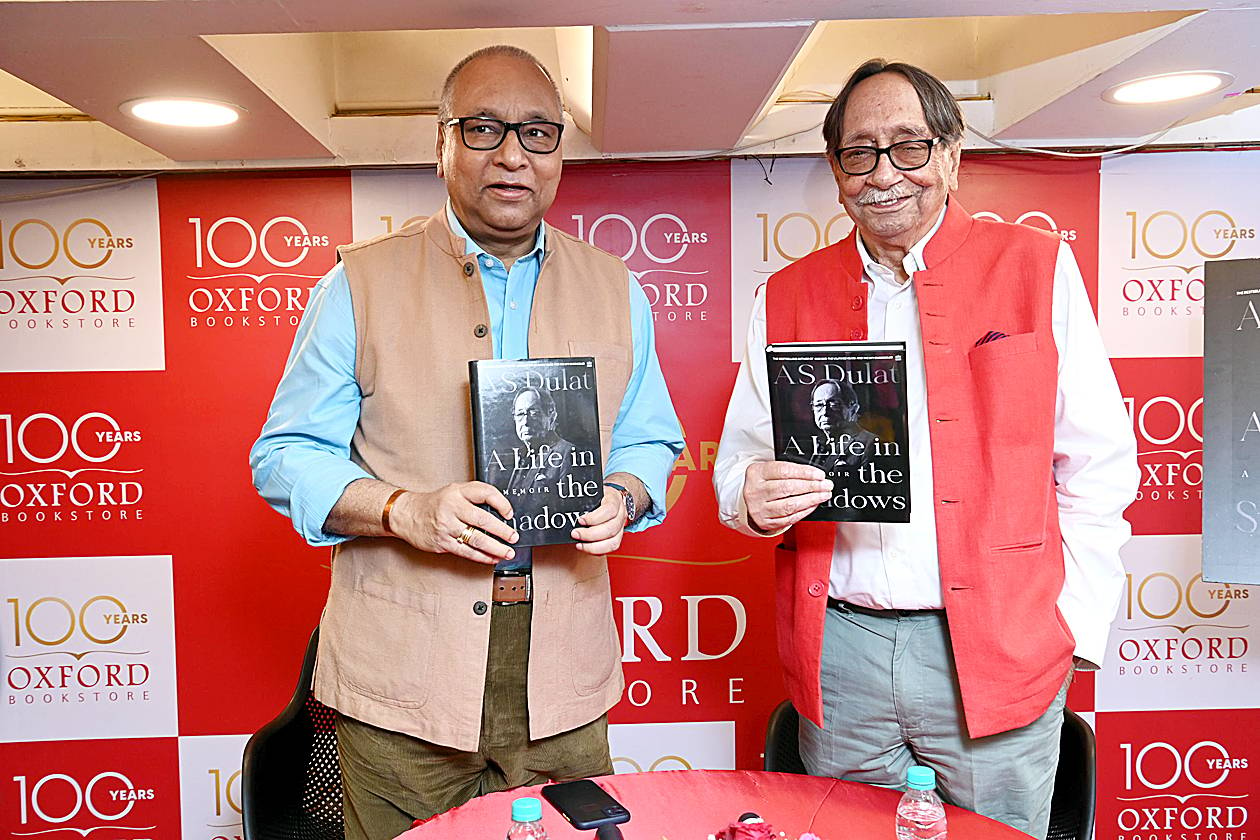Farooq Abdullah and the Revocation of Article 370: A Complex Political Narrative
By: Javid Amin
Srinagar 16 April 2025: The revocation of Article 370 in August 2019 marked a significant turning point in the political landscape of Jammu and Kashmir. Central to this narrative is Farooq Abdullah, a veteran politician and former Chief Minister of the region. His public condemnation of the move contrasted sharply with private discussions, as revealed in A.S. Dulat’s book, The Chief Minister and the Spy. This article delves into the multifaceted role of Farooq Abdullah during this pivotal period, exploring the interplay of public statements, private sentiments, and the broader implications for Jammu and Kashmir.
Public Condemnation vs. Private Conversations
In the immediate aftermath of the abrogation, Farooq Abdullah vocally criticized the central government’s decision, labeling it a betrayal of the people of Jammu and Kashmir. However, A.S. Dulat, former chief of India’s Research and Analysis Wing (RAW), provides a different perspective in his book. Dulat recounts a private conversation where Abdullah expressed a willingness to cooperate had he been consulted prior to the decision. This dichotomy between public outrage and private pragmatism underscores the complexities of political maneuvering in the region.
Historical Context and Political Dynamics
Farooq Abdullah’s political journey has been marked by a series of strategic decisions and alliances. His tenure has seen collaborations with various central governments, each with its own set of challenges and compromises. The 1984 dismissal of his government by Indira Gandhi left a lasting impact, shaping his subsequent political strategies. Later, under Atal Bihari Vajpayee’s leadership, efforts were made to position his son, Omar Abdullah, as the new face of Kashmir’s politics, though not all promises materialized. These experiences have contributed to Abdullah’s cautious approach in navigating the region’s volatile political environment.
Formation of the People’s Alliance for Gupkar Declaration (PAGD)
In response to the revocation, Farooq Abdullah played a pivotal role in forming the People’s Alliance for Gupkar Declaration (PAGD) in 2020. This coalition, comprising various regional parties, aims to restore the special status and statehood of Jammu and Kashmir. The alliance signifies a collective effort to address the concerns arising from the abrogation and to advocate for the rights of the region’s residents.
Legal Challenges and Ongoing Advocacy
Despite the Supreme Court’s verdict upholding the revocation, Farooq Abdullah remains steadfast in his commitment to challenge the decision. He has expressed intentions to continue legal battles, emphasizing the importance of restoring the region’s autonomy. His advocacy reflects a broader sentiment among many in Jammu and Kashmir who seek a return to the pre-2019 status.
Bottom-Line
Farooq Abdullah’s role in the events surrounding the revocation of Article 370 is emblematic of the intricate balance between public posturing and private diplomacy. His actions and statements during this period offer insights into the challenges faced by regional leaders in addressing both local aspirations and national imperatives. As Jammu and Kashmir continues to navigate its post-Article 370 reality, Abdullah’s influence and the strategies adopted by regional parties will remain central to the discourse.
Note: This article is based on publicly available information and aims to provide an overview of the subject matter. For a comprehensive understanding, readers are encouraged to consult primary sources and official documents.



